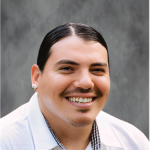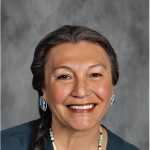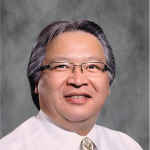The Issue
Unless we act, within the next 100 years, 90% of our world’s 7,000 languages will become extinct. In the United States alone, of the original 400 to 500 languages once spoken from the Pacific to the Atlantic, only about a dozen Native American languages have a chance of surviving beyond 2050. Government aid remains severely limited. The few private foundations tackling language revitalization cannot keep up with demand from so many corners. Very few organizations work to raise funds for and revitalize the endangered languages of the earth. The Language Conservancy stands as one of the few organizations working on the ground to maintain linguistic diversity across the planet. We play a crucial role in our world today.
Providing a Solution
The Language Conservancy supports indigenous languages by helping communities obtain grants and by providing urgently needed technical assistance with the composition and distribution of print and online resources crucial to any language revitalization effort. We also educate the public on the problem of language loss and the importance of nurturing the world’s linguistic diversity. Much work remains before a critical mass of people across the world become aware of the extent of the language crisis and press for solutions to drive away the peril of silenced languages and cultural destruction of indigenous communities.
TLC Board Members
TLC is governed by a six-member Board of eminent indigenous language specialists, both native speakers and linguists. The Board of Directors is responsible for the overall direction and decision-making of the organization. Directors are elected for two-year terms from candidates nominated from within the Board. All of our board members volunteer their time to prevent further language loss.
Past Board Members
Richard Broken Nose | Pine Ridge Sioux Tribe
Dr. Serafín Coronel-Molina | Quechua
Michael Fitzgerald
Johnson Holy Rock | Pine Ridge Sioux Tribe
Leonard Little Finger | Pine Ridge Sioux Tribe
Kevin Locke | Standing Rock Sioux Tribe
Wilhelm Meya
Dr. David Rood






